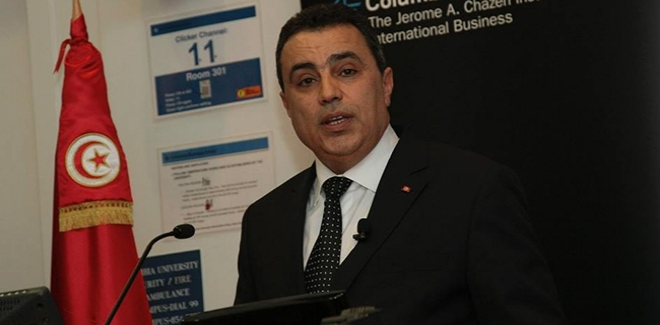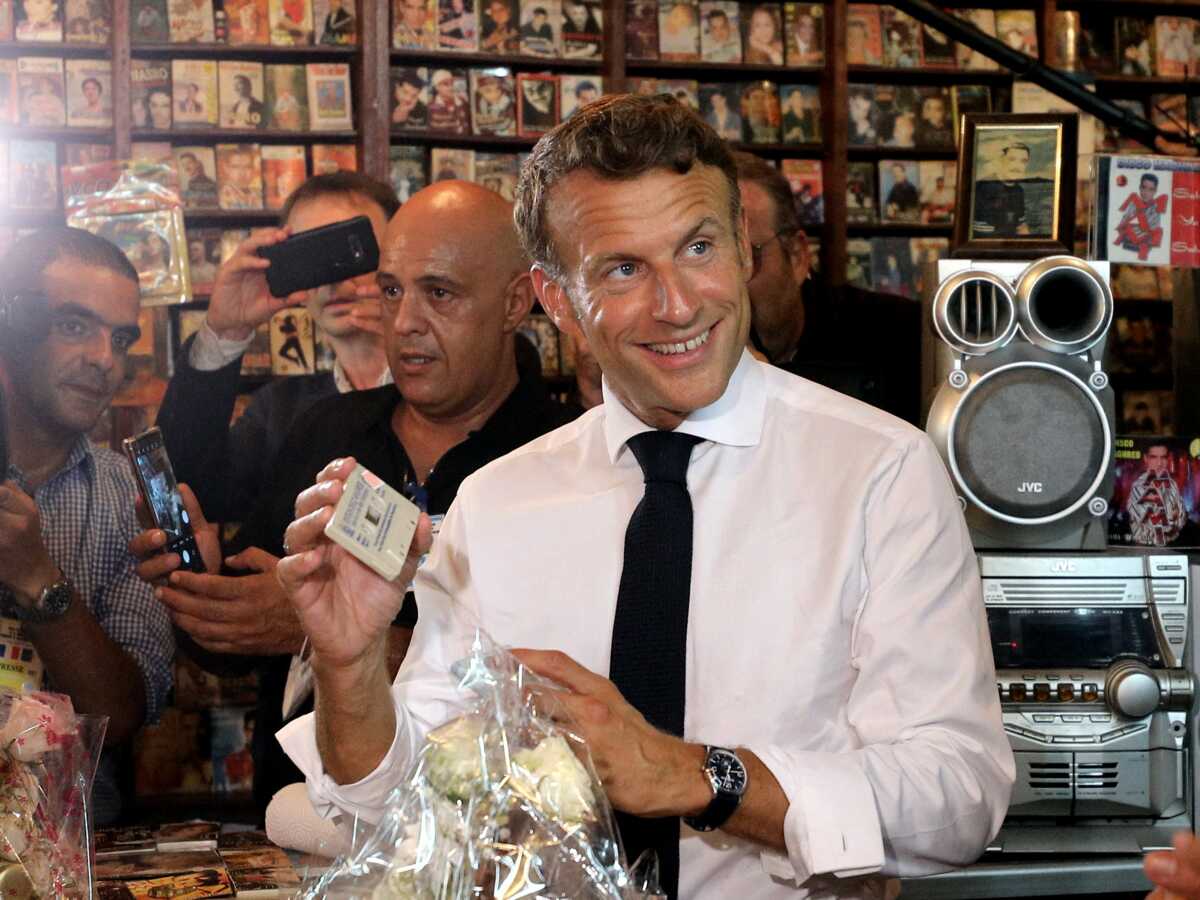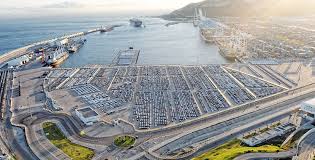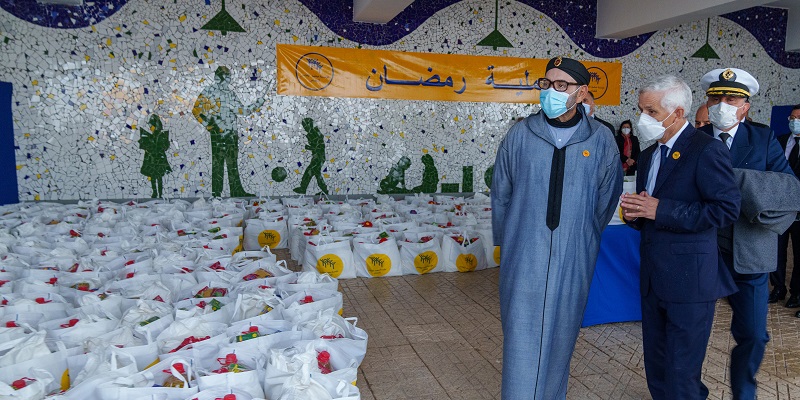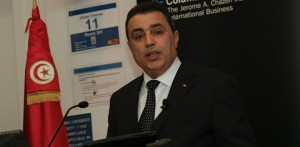 When Mehdi Jomaa assumed the role of Tunisia’s interim Prime Minister in late January, he did not know how disastrous the true economic condition of his country was. He admitted it roughly a month later during a televised interview by saying that the hole in the budget deficit was about 4 billion dinars (2.5 billion USD). No wonder, he succeeded the Islamist Ennahda Movement (or the Renaissance Party), which had pursued expansionary fiscal policies by raising food and energy subsidies as well as allocations to wages. As a result, between 2010 and 2013, state spending increased from 8.4 to 16 percent. Moreover, growth was being constantly hampered by staggering unemployment that reached about 17 percent in 2013. Again, the movement decided to solve the deteriorating economic condition in a populist way. The government started recruiting more public workers, which eventually devoured almost 37 percent of Tunisia’s GDP.
When Mehdi Jomaa assumed the role of Tunisia’s interim Prime Minister in late January, he did not know how disastrous the true economic condition of his country was. He admitted it roughly a month later during a televised interview by saying that the hole in the budget deficit was about 4 billion dinars (2.5 billion USD). No wonder, he succeeded the Islamist Ennahda Movement (or the Renaissance Party), which had pursued expansionary fiscal policies by raising food and energy subsidies as well as allocations to wages. As a result, between 2010 and 2013, state spending increased from 8.4 to 16 percent. Moreover, growth was being constantly hampered by staggering unemployment that reached about 17 percent in 2013. Again, the movement decided to solve the deteriorating economic condition in a populist way. The government started recruiting more public workers, which eventually devoured almost 37 percent of Tunisia’s GDP.
Maybe except for Tunisians themselves, probably no one is expecting Mr Jomaa to fix this economic legacy. His caretaker government is planning to organize the general elections by the end of this year so it would not make much political sense for him to seek to implement some long-term and truly structural changes to the economy. Instead, one might expect – based on his three months in the office – that he will focus on such measures that could yield short-term or at most medium-term outcomes.
One example of this approach could be also the recent visit of Mr Jomaa’s team in the Gulf countries, where the Prime Minister lobbied for foreign investments. Indeed, the outflow of foreign investments coupled with successive downgrades in the country’s sovereign ratings are among the most important indicators of investors sitting and waiting to see what will come next. Therefore, in addition to lobbying in Tunisia’s traditional partner countries, such as the Gulf economies or even France, the interim government should also do its best to re-establish good working relations with various international organizations and especially those donor ones. Unfortunately, the country cannot afford bad ties to the World Bank or IMF as it is in a desperate need for cash.
Healing international misunderstandings and attracting FDI would be likely the most important things for Jomaa’s cabinet to do abroad. Much more is to be done at home, which then consequently influences also the North African country’s brand name abroad. Number one on the list of domestic problems would probably be security. The country is considered unstable – this is a pure fact. This instability, coupled with the threat of radical Islamist violence, put off not only investors but importantly also tourists. Tunisia is losing its reputation of a safe country, and therefore the tourism sector is still on decline.
Moreover, besides tourism, Tunisia is also well-known for its production of phosphate in which it traditionally had a competitive advantage over Morocco. Yet, due to continuous strikes, lay-offs, sit-ins, and downsizing, many factories are working below capacity, which gives a significant advantage to Morocco in global commodity markets. The phosphate business is additionally influenced – just like most other sectors – by the actions of the Tunisian General Labour Union (UGTT). The UGTT has proved to be a powerful force in social and economic activities. The UGTT has so far been able to exert a lot of pressure on the government with long-lasting strikes and demonstrations whose aim was to increase wages and extra recruitment to public sector as well as hinder the process of privatization. Given its strength, the government should try hard to pacify the organization and try to cooperate. If not, the UGTT has the power to make Prime Minister’s life really tough.
In late January this year, Tunisia was able to put aside ideological divide to come up with a progressive constitution that was supported by 200 out of 216 votes in the National Constituent Assembly. The constitution, which guarantees the freedom of worship and recognizes the equality of a man and a woman for the first time in Tunisian history, could not have come about by chance. Instead, let’s believe that this significant step of the Tunisian people hints that the country is mature enough to withstand even these times of economic difficulties.
